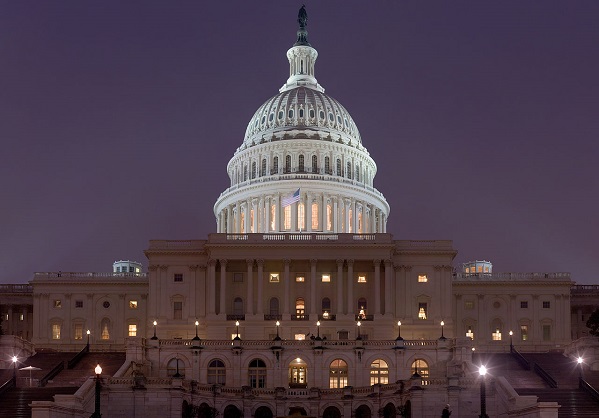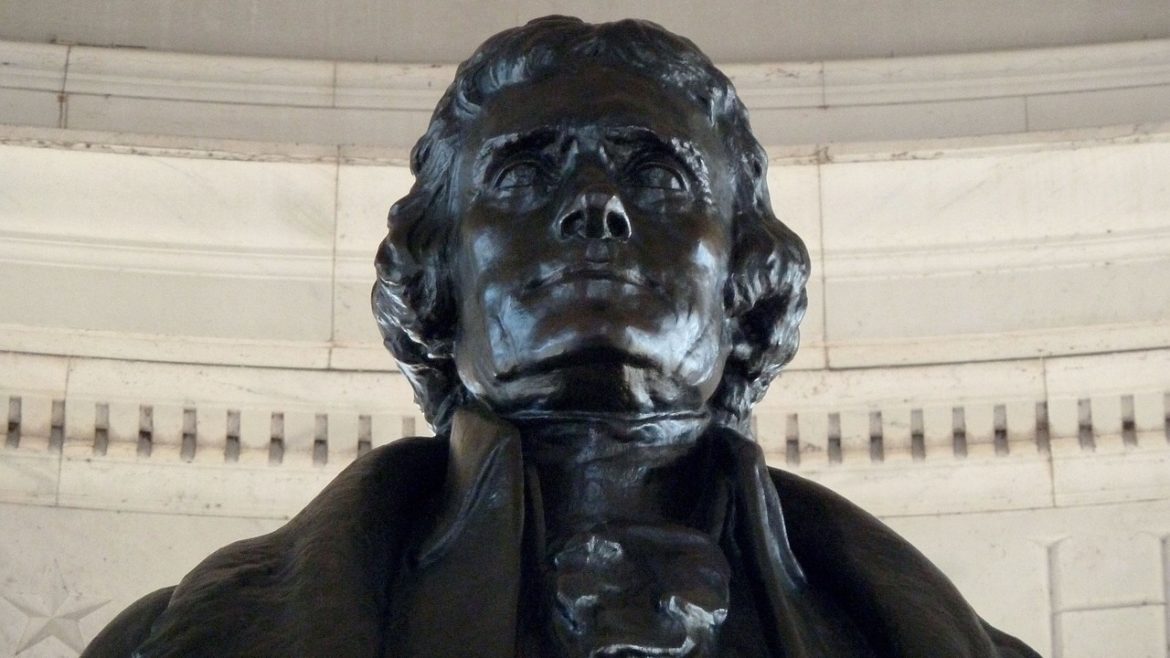Gold has all the potential to go unprecedentedly high. But silver will be gold on
Site:
Precious metals news
A swift reassessment of how high the Federal Reserve will raise interest rates this year has rocked the bond market in recent weeks. Now, the market faces a bigger threat: the growing notion that rates will stay elevated even after the US central bank’s inflation fight is all over.
 Office Landlord Defaults Are Escalating as Lenders Brace for More Distress: WSJ
Office Landlord Defaults Are Escalating as Lenders Brace for More Distress: WSJFeb 21, 2023 - 05:45:45 PST
The growing number of distressed office buildings reflects a recognition by owners and lenders that the robust return to office they had hoped for isn’t likely ever to materialize.
The average person in the U.S. is around $96,400 in debt... but, as Statista's Katharina Buchholz notes, if Americans would be charged by their hometowns and cities for the debt they have taken on in the name of their residents, a fairly big sum would be added to that tally.
 Debt-Ceiling Standoff Prompts Backup Plans, but They Face Hurdles Too: WSJ
Debt-Ceiling Standoff Prompts Backup Plans, but They Face Hurdles Too: WSJFeb 21, 2023 - 05:39:41 PST
Potential alternatives for the U.S. to avoid default—from simply ignoring it, to minting a trillion-dollar coin—are met with skepticism.
A large number of economic thinkers that I respect are calling for peak inflation, and that interest rates increases have topped out. With oil prices down from USD 120 a barrel to USD 77 today, this would be a strong indication of reduced inflation pressure. For “peak inflationistas” the cherry on the top would be this week’s cover of the Economist, warning that inflation will be harder to...
California Gov. Gavin Newsom’s budget last month projected a $22.5 billion deficit, but apparently his forecast was too sunny. The Legislative Analyst’s Office (LAO) warned last week that the state’s budget hole may be a lot bigger owing to plunging revenue. Look out below.
China plans to adopt more differentiated risk weighting measures to limit banks’ lending to toxic investments that are exposed to higher default threats, including those to problematic house developers.
State and federal agencies have levied fines, brought new cases and issued policy statements to rein in freewheeling practices in recent weeks.
Borrowers with low credit scores are falling behind on their car payments in numbers unseen since 2010.
U.S. stock futures were in a downswing Tuesday morning to start a busy holiday-shortened week of trading jammed with retail earnings, Federal Reserve meeting minutes and an important inflation reading.
 Retail Investors Pour $1.5 Billion Each Day Into US Markets, The "Highest Amount Ever Recorded"
Retail Investors Pour $1.5 Billion Each Day Into US Markets, The "Highest Amount Ever Recorded"Feb 21, 2023 - 05:25:37 PST
For much of the waning days of 2022, the broader theme in markets was a downbeat one, especially for one group of habitual gamblers investors: after a stellar 2021 when nothing made sense and the junkiest of companies exploded higher steamrolling shorts, for retail investors 2022 felt like the polar opposite: a relentless series of gut punches which knocked the air out of basement dwelling daytraders and crushed some of the most popular retail names.
Bond investors are starting to trim holdings of U.S. debt to brace for a possible government default that they see as highly unlikely but potentially seismic for financial markets around the world.
The American people and investors in particular are not prepared for any of this. They should be. It’s becoming increasingly likely.
Feb 21, 2023 - 05:18:30 PST
China’s new foreign minister has accused the US of shifting blame for the Ukraine war on to China, in an apparent pushback against warnings from Washington that China is considering supplying weapons to Russia.
Feb 21, 2023 - 05:17:00 PST
Russian President Vladimir Putin is due to make a speech on Tuesday setting out aims for the second year of his invasion of Ukraine, a day after U.S. President Joe Biden walked the streets of Kyiv promising to stand with Ukraine as long as it takes. Following his surprise visit…
 Putin Suspends New START Nuclear Treaty, Puts Missiles On Combat Readiness
Putin Suspends New START Nuclear Treaty, Puts Missiles On Combat ReadinessFeb 21, 2023 - 05:15:17 PST
"President Vladimir Putin on Tuesday suspended Russian participation in the last remaining nuclear arms control treaty with the United States, warning Washington that Russia had put new ground-based strategic nuclear weapons on combat duty," Reuters reports of the new declaration.
Amid simmering tensions between Washington and Beijing, Secretary of State Antony Blinken met with his Chinese counterpart Wang Yi at the Munich Security Conference on Saturday. After the White House ordered the military to shoot down a Chinese balloon which floated over the continental United States, there was a major breakdown in diplomacy. Previously, US …
Virtually everybody agrees that government spending is necessary to support the economy and society in general. We may debate vigorously about what exactly the government should spend money on, but few people will entertain the thought that maybe the government shouldn't spend money at all. Most fail to even acknowledge that even the best government spending comes with a cost.
One of the characteristics of gold is that it preserves wealth in a world of constantly devaluing fiat currency.Put another way, it preserves your purchasing power over time.
The way Thomas Jefferson handled the national debt should serve as a blueprint for today. But instead, modern presidents look more like college students on a spending spree with their first credit cards.









